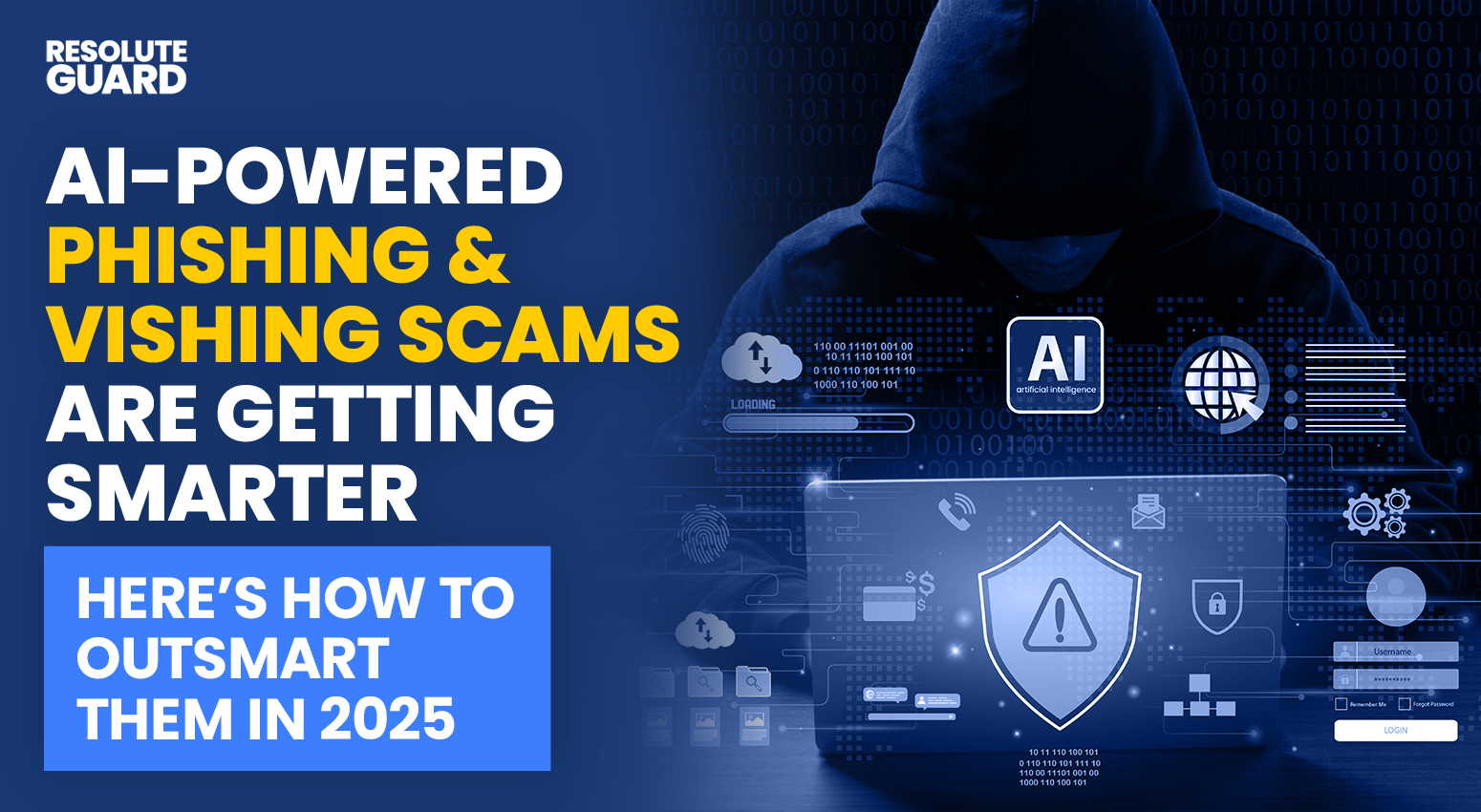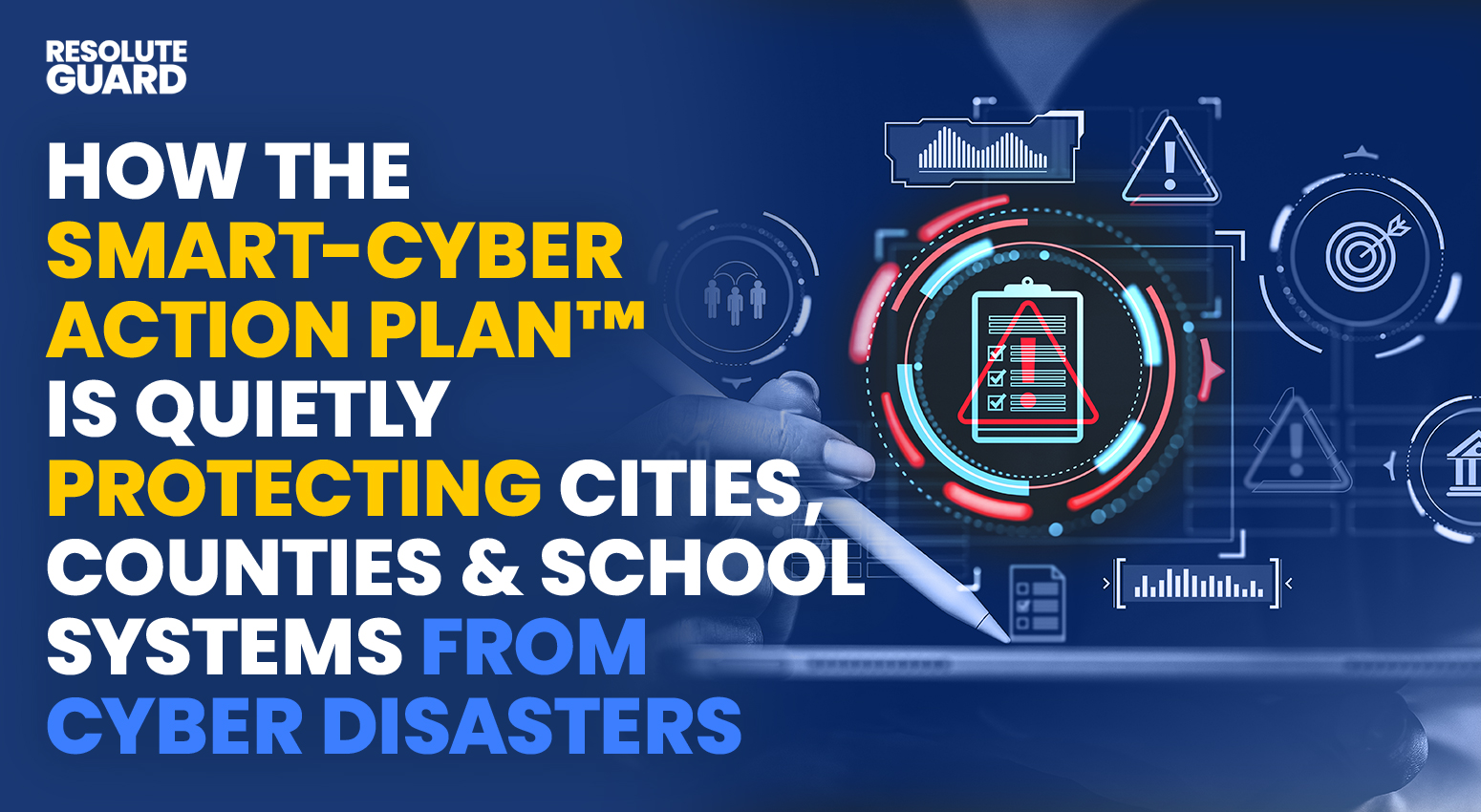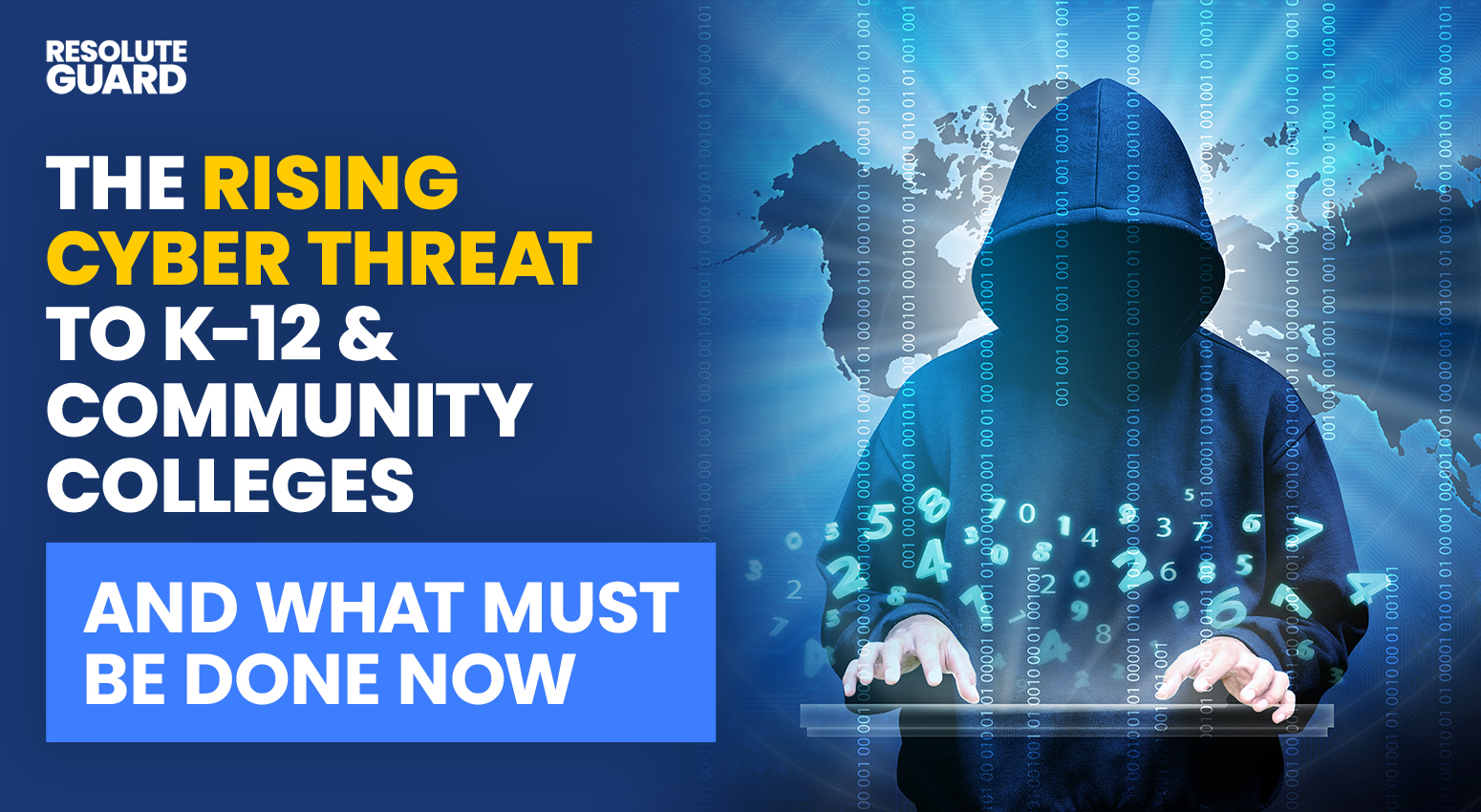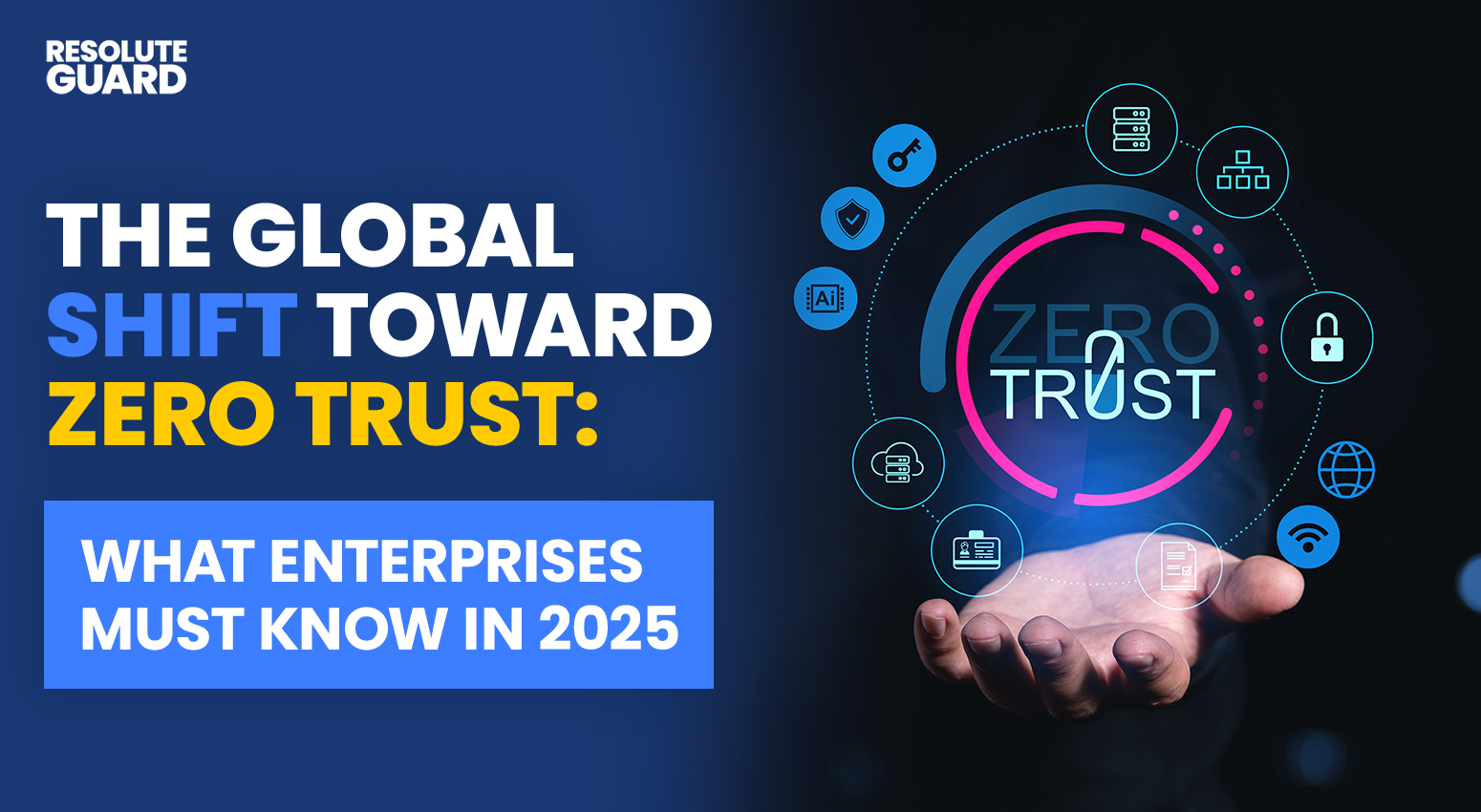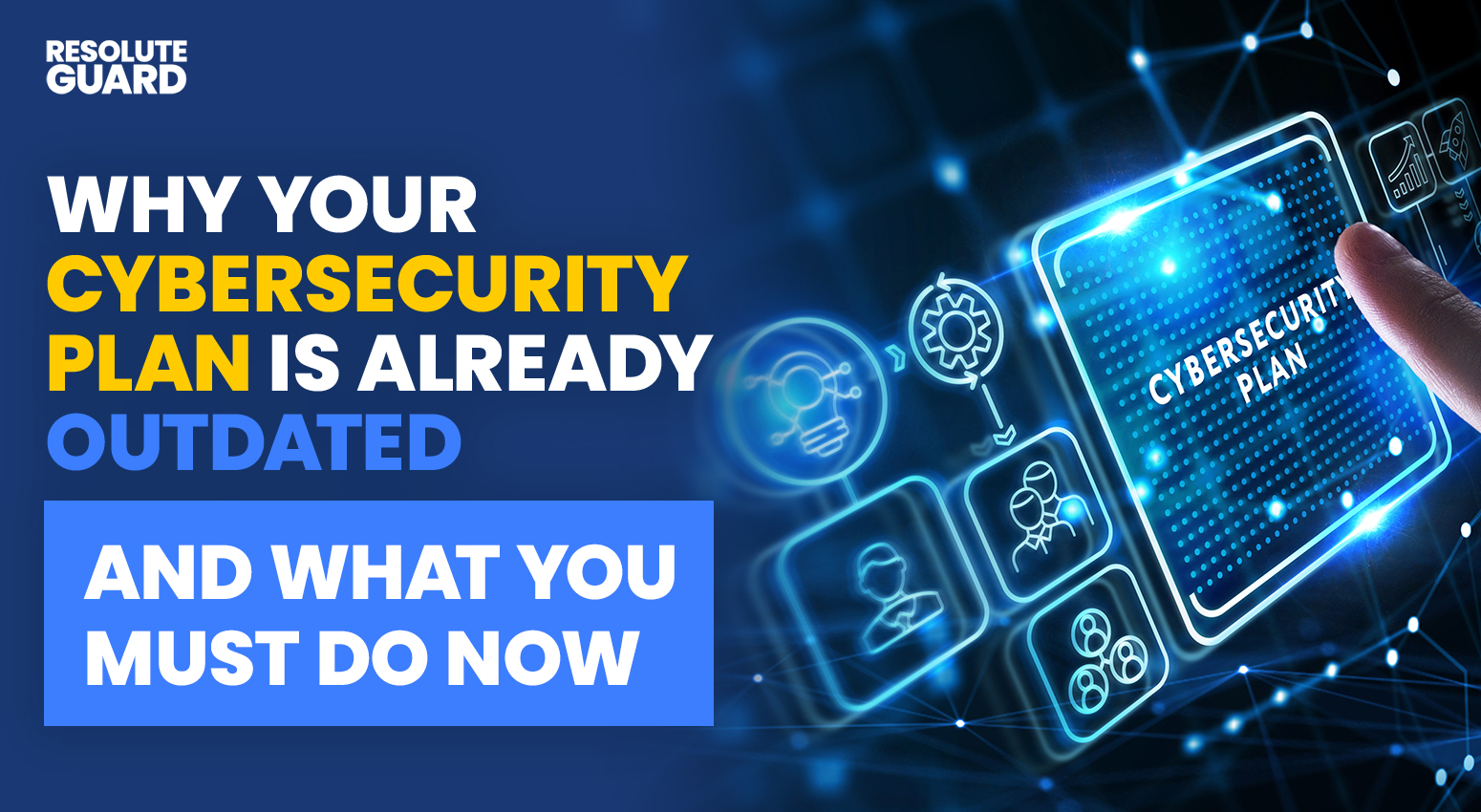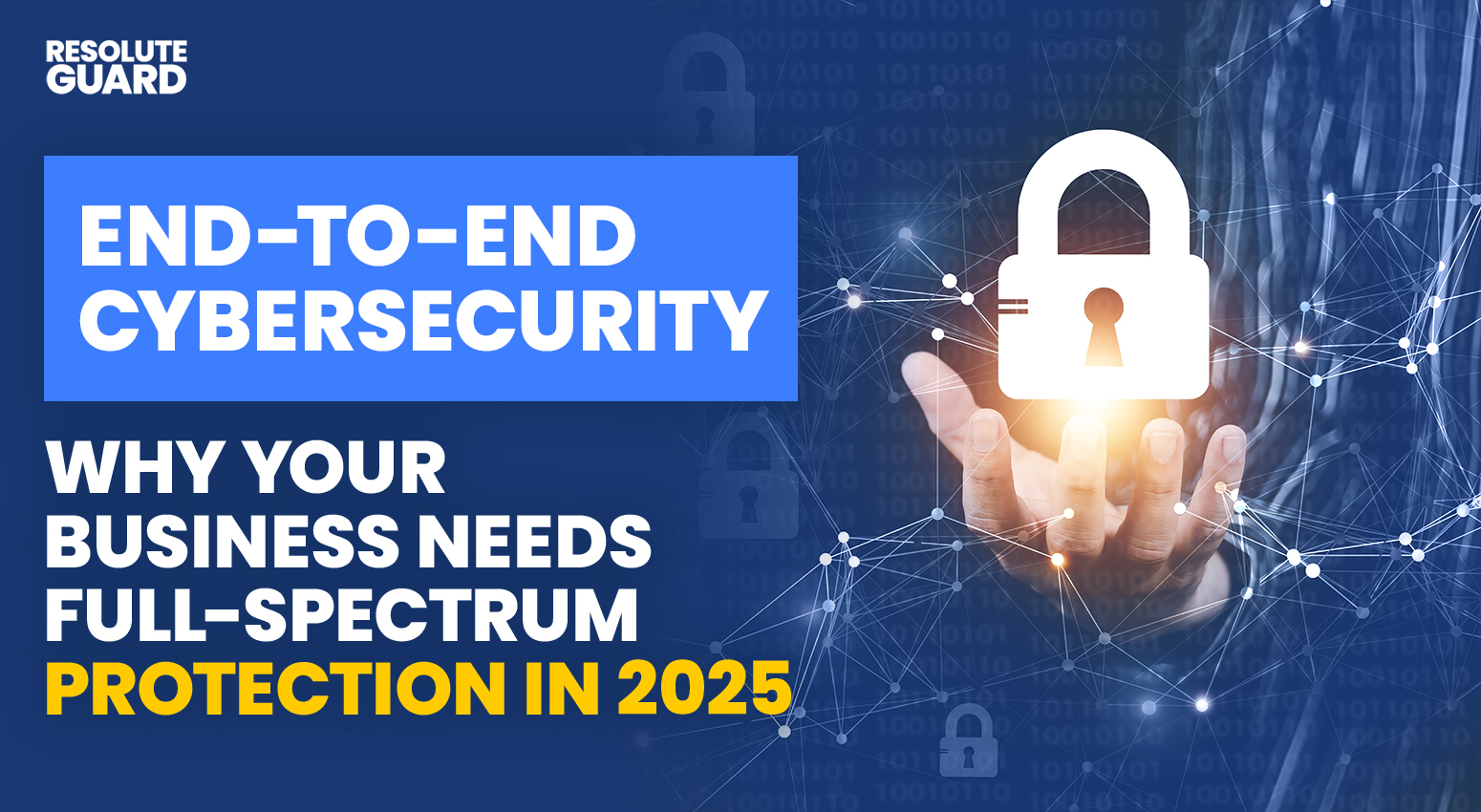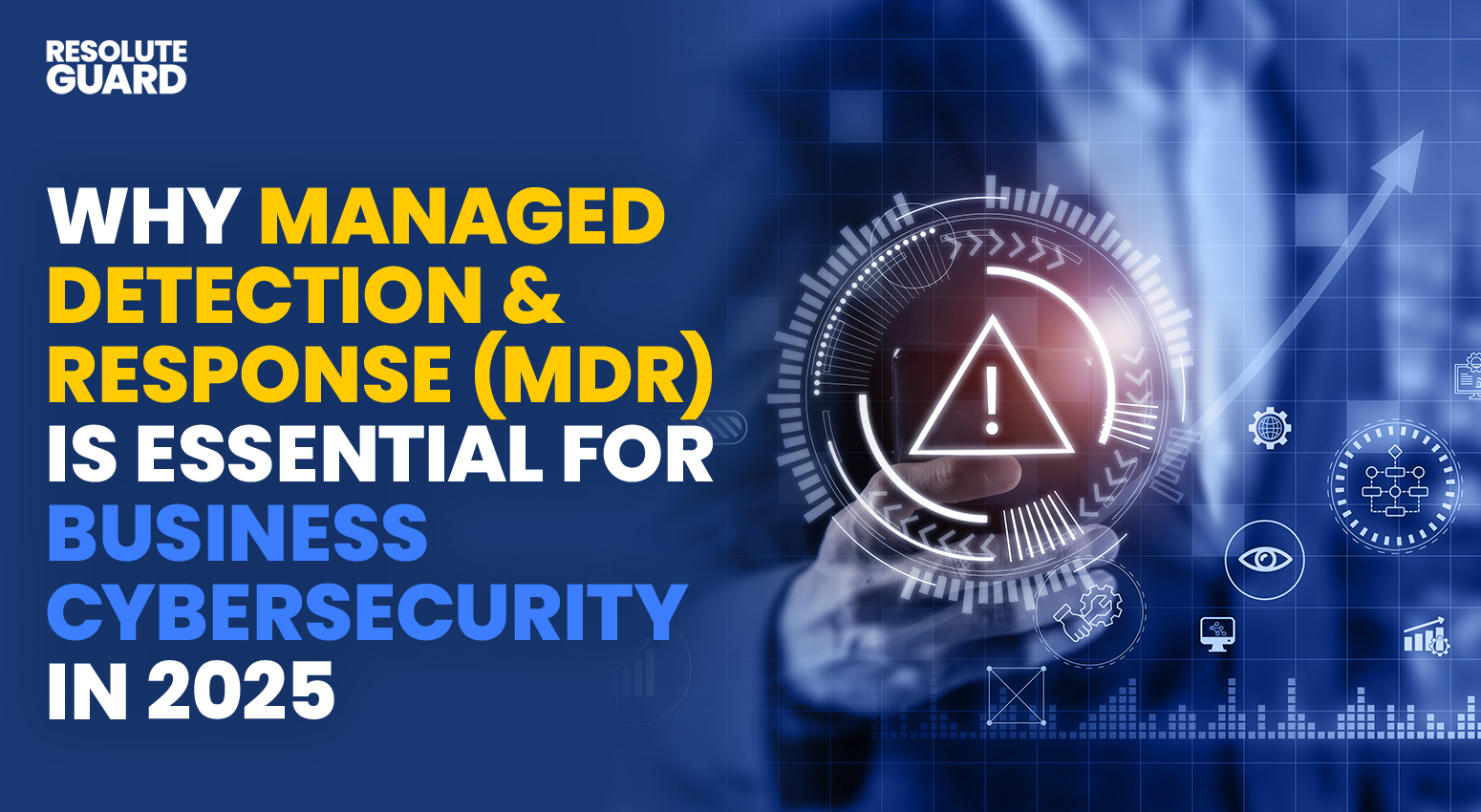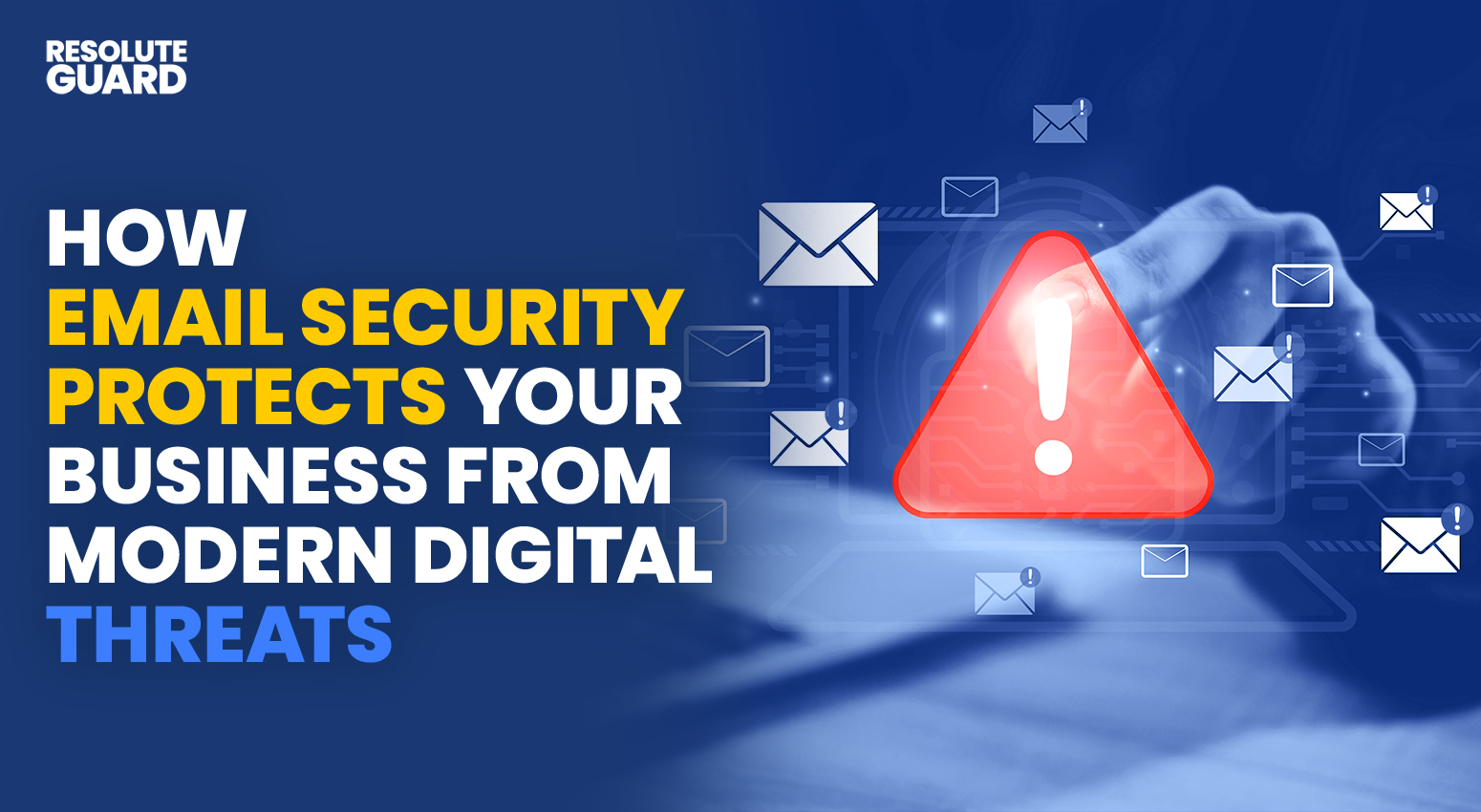The New Age of Deception. Gone are the days when phishing emails were easy to spot with poor grammar and suspicious links. In 2025, AI-powered phishing and vishing scams have evolved into highly convincing, near-human deception machines. These scams are not only growing in frequency—they’re becoming harder to detect, smarter by design, and emotionally manipulative.
A New Era of Cyber Risk for Public Entities City governments. County agencies. K-12 school districts. In 2025, these aren’t just public service providers—they’re prime cyber targets. Over the last decade, attacks on public infrastructure have skyrocketed. What was once a corporate problem has now become a national emergency. Public sector entities, often underfunded and […]
Introduction: When Classrooms Become Cyber Targets K-12 schools and community colleges across the United States are facing a new, evolving threat that extends far beyond textbooks and lesson plans—cyberattacks. What was once considered a problem for major corporations and financial institutions has now made its way to the classroom, targeting the most vulnerable: students, faculty, […]
Introduction: A World Where Trust Is the New Vulnerability 2025 marks a pivotal point in the evolution of cybersecurity. The traditional “trust but verify” mindset has officially collapsed under the weight of modern threats. Now, the mandate is clear: trust no one, verify everything. Zero Trust is not a product—it’s a strategic framework that assumes […]
Introduction: The Illusion of Security in a Rapidly Changing World In the digital age, it’s tempting to believe that once you’ve established a cybersecurity plan, you’re safe. Firewalls are up. Antivirus is running. Passwords are strong. You’re covered—right? Wrong. What worked yesterday may not work today. And what protects you now may be obsolete tomorrow. […]
Introduction: The Modern Cyber Threat Landscape Cybersecurity has never been more critical than it is today. With ransomware attacks, data breaches, and insider threats escalating globally, businesses can no longer afford to secure just the surface. They must protect everything—from internal networks and employee devices to cloud platforms and remote endpoints. Enter end-to-end cybersecurity—a comprehensive […]
Understanding the 72-Hour Rule: Why Time Is Everything In cybersecurity, the first 72 hours after a breach are more than just crucial—they are a business’s make-or-break window. Whether you’re a small business or a large enterprise, how you respond in this narrow timeframe determines the scale of financial, reputational, and operational damage. Why 72 Hours? […]
🧩 Introduction: Trusting the Wrong Door In 2025, organizations are no longer being breached directly—they’re being breached quietly, through the vendors, suppliers, and contractors they trust most. These “silent gateways”, also known as third-party vendors, are now the biggest cybersecurity risk for public and private organizations alike. Whether it’s a cloud provider, an HVAC technician, […]
Introduction: The Shifting Cybersecurity Landscape The digital battleground has changed. Cyber threats in 2025 are faster, smarter, and more evasive than ever before. Traditional defenses like firewalls and antivirus solutions are no longer enough. Today, Managed Detection & Response (MDR) has become a non-negotiable necessity for businesses serious about safeguarding their digital infrastructure. With ransomware […]
📧 Introduction: Why Email Is the Gateway to Your Business Email remains the cornerstone of business communication—but it’s also the most exploited entry point for cybercriminals. From phishing attacks and ransomware to spoofing and business email compromise (BEC), your inbox is under constant threat. According to the FBI, over 90% of cyberattacks begin with a […]

